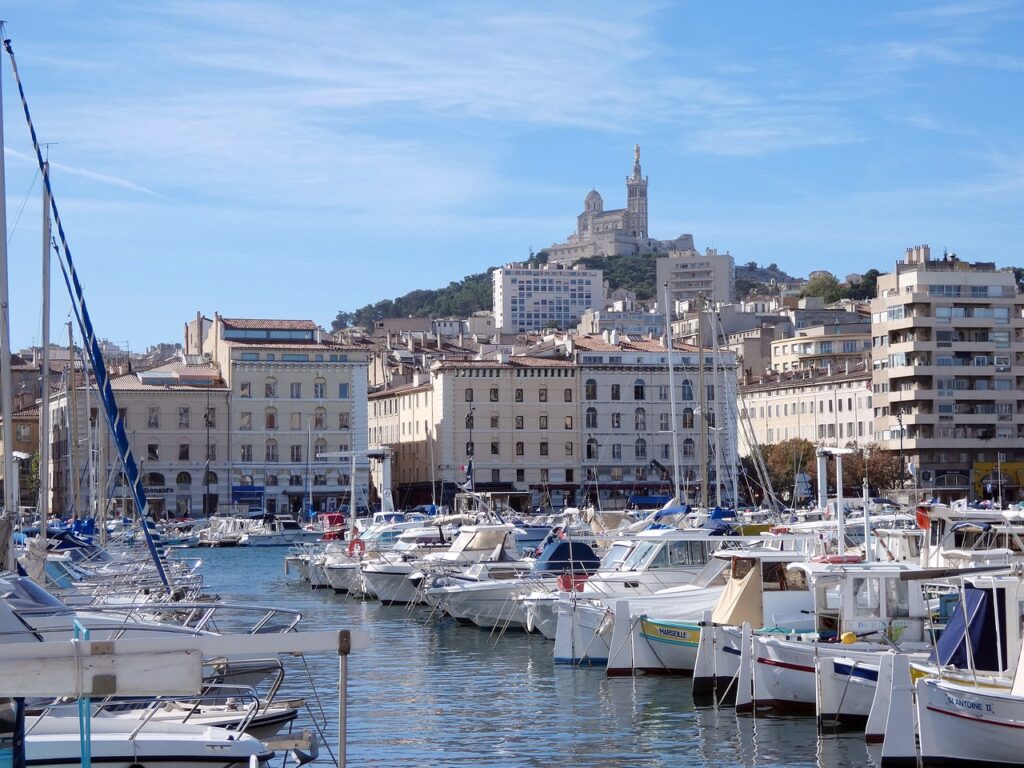Blog
Which Countries Put the Clocks Back?

In the UK, our clocks went back one hour over the last weekend in October, which means we have nowreturned to Greenwich Mean Time. But if you are considering moving abroad, is this something you still need to consider?
East Anglia removal firm Hamiltons Removals can help with commercial and domestic moves to all parts of the globe. Here we look at the history of Daylight Saving, which other countries put the clocks back (and which don’t) – and how we can help you move to all parts of the world, no matter which time system the country has adopted.
The History of Daylight Saving
British Summer Time, which is also known as Daylight Saving Time, was originally the brainchild of a Kent builder called William Willett, who noticed in the early 1900s that many of daylight hours were effectively being wasted during the summer, because people were still asleep even though the sun was out. He enlisted the support of his MP, but efforts to bring in a new time law were unsuccessful.
It took the onset of the First World War for the idea to be rekindled, thanks to the need to conserve coal and to make the most of the available sunshine. The Summer Time Act was passed in May 1916, and has largely remained in place ever since.
There were brief spells during the Second World War when the clocks went back (and forwards) by two hours rather than one, and between 1968-71 when the clocks went forward but didn’t go back (in an experiment known as British Standard Time). This was soon discontinued, largely because in the north of England and in Scotland the sun didn’t rise until well into the morning – leaving children walking to school in the dark.
Since then, the UK has stuck with putting the clocks forward in spring, and back in the autumn, although there have been occasional attempts to bring in a new system. The arguments in favour still evolve around saving energy (oil as well as coal) and making better use of the available sunlight; those against this system point out that sleep patterns are usually disrupted when the clocks are adjusted, as well as the inconvenience of having to reset your clocks.
What About the Rest of the World?
If you are considering domestic or commercial removals to Europe, the USA, Canada, Australia, Latin America, Brazil and the Caribbean, then most of these countries still adjust their clocks for Daylight Saving (although not necessarily on the same days as the UK, and not necessarily by an hour at a time).
The European countries that don’t follow Daylight Saving are Armenia, Azerbaijan, Belarus, Georgia, Iceland, Russia and Turkey. In the USA, the clocks don’t go back in Hawaii and most of Arizona, while in Australia the practice is not observed in Queensland, the Northern Territory and Western Australia – but it is in the rest of the respective countries.
Some countries used to change their clocks but no longer do, including Brazil, Hong Kong and Mexico. Egypt dropped Daylight Saving but restored it in 2023. Most countries in the continents of Asia and Africa don’t use Daylight Saving either – many of them are so close to the Equator they get plenty of sunshine, so there is no need to adjust the clocks during the darker months of the year.
Moving Overseas with East Anglian Removals Firm Hamiltons Removals
Whether you want to move to Europe or further afield, Hamiltons Removals should be able to help. For more information about our European or our international destinations, click here; we also offer video surveys and online quotations to make the whole process easier for you, the customer.
Removals from the UK to Marseille with Hamiltons Removals

Marseille is one of the fastest growing places in Europe – thanks in no small part to its location at the heart of southern Europe, which means its port plays a vital role in trade between France and a host of other countries. It’s also an attractive place to move to for retirees, due to the hot summers and mild winters typical of many Mediterranean locations.
Here Hamiltons Removals, who can help with removals from the UK to Marseille, put the spotlight on this Southern French port city.
Marseille’s History and Heritage
Marseille was originally a Greek colony and can be traced as far back as 600BC. It owes much of its ongoing growth and development to its position at the heart of the Mediterranean, ensuring France enjoyed profitable trade with the rest of Europe and many countries in North Africa and the Middle East.
Today, the port and firms that use it employ around 50,000 people – not just in import/export roles but also in the fishing and petrochemical industries. In more recent years the city has seen an expansion in service industries – not just tourism but high-tech start-ups as well.
For all its reliance on international trade (and immigration) Marseille is not without its nationalist past. The French National Anthem is called La Marseillaise because it was first sung by volunteers from the city marching to Paris in 1795 (although the actual song was composed three years earlier in Strasbourg) and the nickname stuck.
Getting There and Getting Around
The main airport, Marseille-Provence International, is around 20 miles to the north-west of the city. The airport runs regular flights to and from London Heathrow, plus a host of other major European and north African cities. From the airport you can get a bus, train or taxi into the city centre – driving is not recommended as the city is not very car-friendly.
Once you are in the city you should be able to rely on the metro (two lines) tramway (three lines) or the bus or overground train network to help you get around. There are also ferry services to and from the Old Port; and there is a network of cycle paths, and a bike-sharing scheme called Le Velo, which operates in a similar way to London’s.
The Main Attractions
The Old Port, pictured above, has now been developed with restaurants, bars and hotels (but is still a private marina) and is well worth a look around. You can still see fishermen selling their daily catches there. The main commercial port is now at Marseille Fos-Port.
The Basilique Notre Dame de La Garde, to the south of the Old Port, is also worth a visit, not just because of its historical interest but because it offers some spectacular views over the whole city. Similarly, La Cathedrale de la Nouvelle Major is a beautiful cathedral overlooking the Mediterranean Sea.
An urban renewal project, coupled with Marseille being named Europe’s capital of culture in 2013, has helped revitalise the city a great deal in recent years. Marseille is now second only to Paris when it comes to its number of museums. There’s plenty of variety, including (for the French fashion world) the Musee de la Mode. the Musee Cantini (for modern art enthusiasts) and a more recent addition, MuCEM, the Museum of Civilisations of Europe and the Mediterranean.
If you are looking for something more family-friendly, the small beaches south of the city centre between La Pointe Rouge harbour and La Madrague harbour are usually less crowded than the larger Plages du Prado. And the Calanques national park, to the south, offers mountain biking, hiking and kayaking if you are feeling more energetic.
Shopping Around and Eating Out
Rue Saint-Ferreol has the biggest brand names, Rue de Rome is better for those on a budget, while Le Cours Julien has more artisan goods (as well as a weekly fresh produce market). If you want the convenience of everything under one roof, then try the Centre Bourse (near the Old Port) which has more than 60 shops and restaurants) or Les Terrasses du Port, in the 2md arrondissement, which is even bigger.
If you are eating out, then the most famous Marseille dish is the bouillabaisse, a stew with at least three types of fish (which should be caught locally). It can be served as a main dish or as a soup broth. Another popular speciality is tapenade, an appetiser with capers, anchovies and olives.
As far as drinking goes, Marseille and the wider Provence region is well known for its wine, particularly rosé; the excellent climate produces grapes which don’t need any pesticides or artificial aids.
Removals from the UK to Marseille with Hamiltons Removals
If you are thinking about moving to Marseille, then Hamiltons Removals can make the whole experience as stress-free as possible. You can opt for our dedicated service, where you have sole use of a vehicle or vehicles; or a part-load or groupage service where your items will be shared with other peoples’; or air freight can be used for smaller or more valuable items.
You can add on various extras as well – such as using us to professionally pack and unpack your belongings, and having your old home cleaned before you leave.
Hamiltons also offer international removals to all parts of France, including Paris, Lyon, Toulouse, Nantes and Nice. For more information follow this link or call us on 01379 855203.











